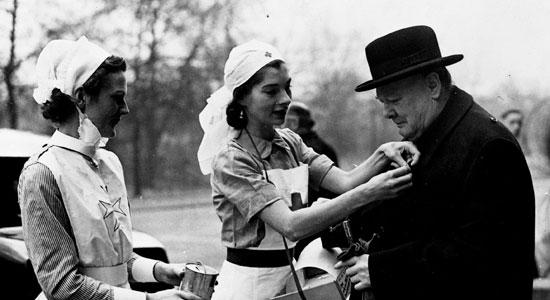As 2012 comes to an end, we are taking a look back at some of our favorite posts of the year by our guest editors.
 After an 18-year absence, Cardinal has finally returned with Hymns (Fire), its sophomore album. To rabid fans of the bi-coastal duo who’d all but given up hope of ever hearing a sequel to their masterful self-titled 1994 debut, that freshman year must have seemed interminable. When its first longplayer appeared on an indie-rock scene buzzing with grunge and punk, it was such a breath of fresh air, some people became giddy from lack of oxygen. To those without a sense of history, it was as though Richard Davies and Eric Matthews had discovered something that had never been done before. Harpsichords and baroque trumpets on a pop album? Preposterous! We love it. No one knows better than Davies and Matthews, themselves, both men with a sense of perspective, that you only have to dig out your copy of the Beatles’ Magical Mystery Tour album to hear “Penny Lane,” awash in baroque trumpet. Or listen to the two LPs by the Left Banke, a mid-’60s combo that hit it big with “Walk Away Renee” and “Pretty Ballerina,” for a hit of string quartets and harpsichords. Not to say that Matthews and Davies didn’t create something perfectly wonderful, both then and now. The duo will also be guest editing magnetmagazine.com all week. Read our brand new Q&A with them.
After an 18-year absence, Cardinal has finally returned with Hymns (Fire), its sophomore album. To rabid fans of the bi-coastal duo who’d all but given up hope of ever hearing a sequel to their masterful self-titled 1994 debut, that freshman year must have seemed interminable. When its first longplayer appeared on an indie-rock scene buzzing with grunge and punk, it was such a breath of fresh air, some people became giddy from lack of oxygen. To those without a sense of history, it was as though Richard Davies and Eric Matthews had discovered something that had never been done before. Harpsichords and baroque trumpets on a pop album? Preposterous! We love it. No one knows better than Davies and Matthews, themselves, both men with a sense of perspective, that you only have to dig out your copy of the Beatles’ Magical Mystery Tour album to hear “Penny Lane,” awash in baroque trumpet. Or listen to the two LPs by the Left Banke, a mid-’60s combo that hit it big with “Walk Away Renee” and “Pretty Ballerina,” for a hit of string quartets and harpsichords. Not to say that Matthews and Davies didn’t create something perfectly wonderful, both then and now. The duo will also be guest editing magnetmagazine.com all week. Read our brand new Q&A with them.

Davies: Nabbed for $1 per volume at Wood’s Hole Public Library. I love books. This is a six-volume set. I am up to volume three and have been slogging away at it for awhile. I’m still plowing through it because it shows that Churchill was way, way more than just a figurehead. He dug in and really was involved in everything that was going on around the world in the war for six years. He had stamina and courage. He did not hunker down in London. He flew or sailed all over the place during the most intense of times to meet with Roosevelt and Stalin. He had great passion and emotion but was as unsentimental as he needed to be.
Video after the jump.







